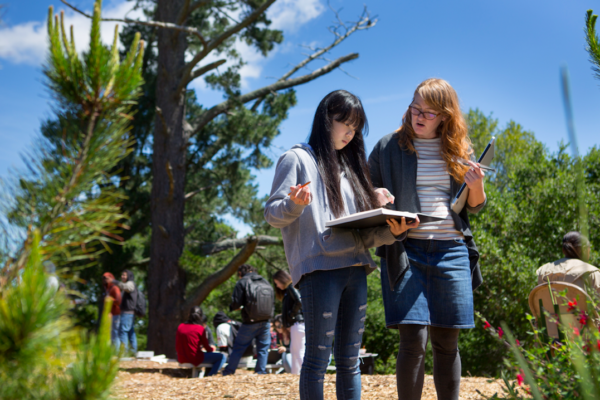In a new article in the journal Applied Developmental Science, American Institutes for Research Vice President David Osher and others highlight the critical role relationships play in the healthy development of children. Rejecting the nurture vs. nature dichotomy, they emphasize the reciprocity and integration of the biological, psychological, and sociocultural systems that contribute to a child’s growth. The paper builds on a companion piece “Malleability, Plasticity, and Individuality: How Children Learn and Develop in Context.”
Research highlighting the importance of relationships is far from novel, but this paper illustrates the necessity of operationalizing them in a way that acknowledges the powerful role these connections play in shaping human development. Positive relationships with adults help children from a very early age develop a sense of security, regulate their emotions, promotes resiliency and creates a sense of agency that allows them to mature in progressively complex ways. Conversely, negative interactions can exacerbate stress in children and prevent the development of foundational competencies.
Relationships with family members, early child care providers, adults in schools, and peers can both positively and negatively influence a child’s development, the authors report. Classrooms are one of the most direct settings for establishing the constructive relationships vital to school success-related skills and dispositions. When children encounter educators who explicitly express high expectations for them and connect learning and instruction to their individual experiences and prior knowledge, their academic achievement and concept of themselves as learners increases. Unfortunately, schools can also cause harm to students when consistent negative experiences with adults lead to psychological distress, poor performance, and disengagement.
These findings also detail how poverty and racism can create untold stress and adversity for children. The negative impact is amplified when children lack access to the robust educational opportunities necessary for their academic growth.
By aligning knowledge from the multiple scientific disciplines that speak to the nature of development, adults working with children have the opportunity to radically improve the environments in which children learn and grow.
Photo Courtesy of Allison Shelley/The Verbatim Agency for American Education: Images of Teachers and Students in Action
